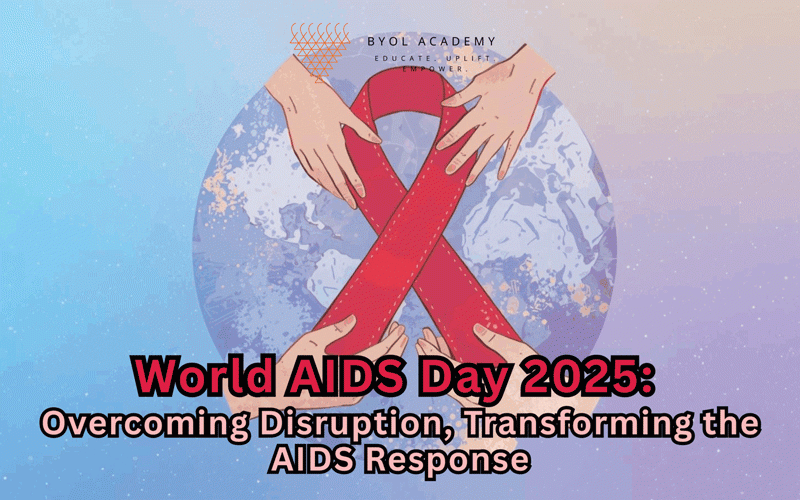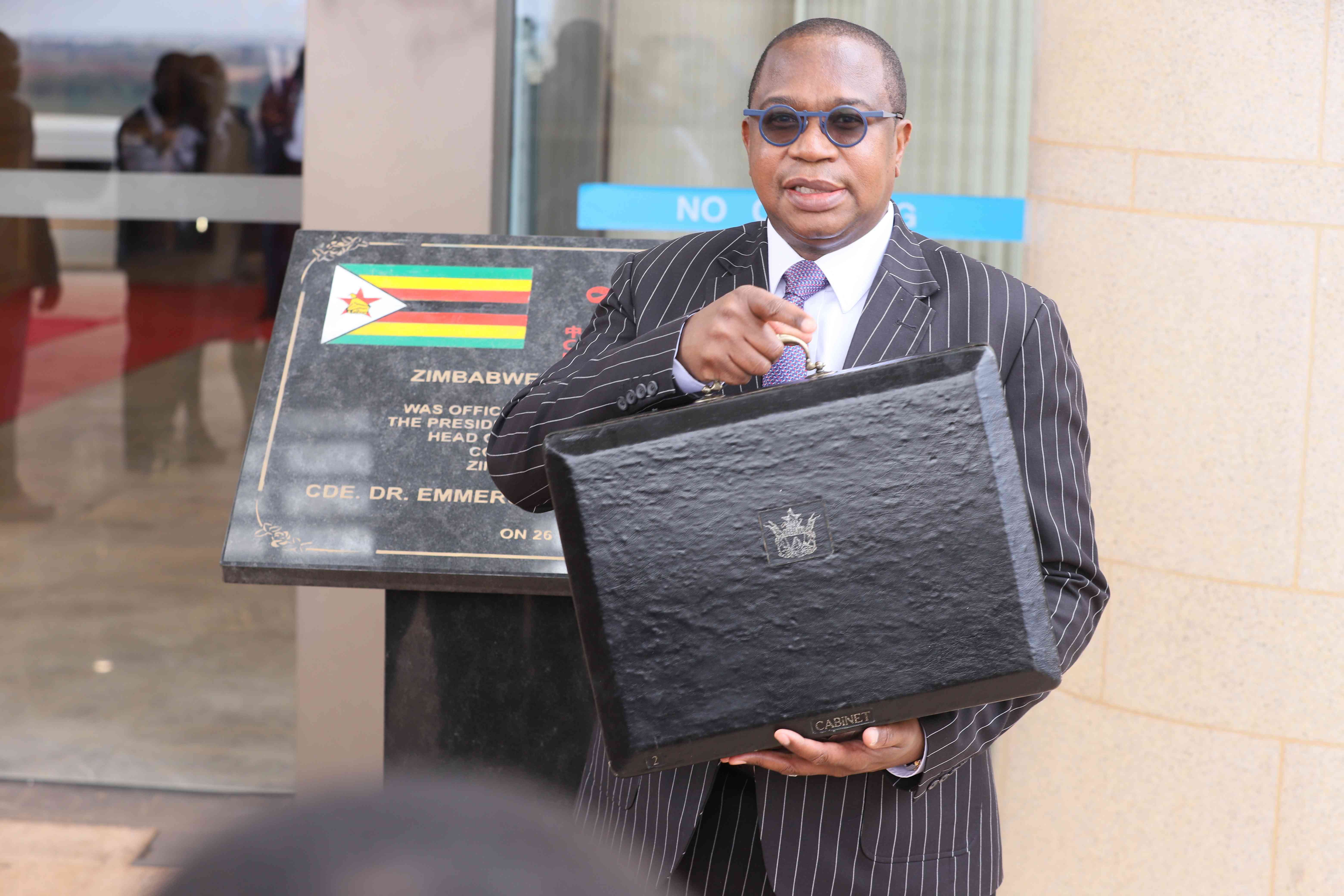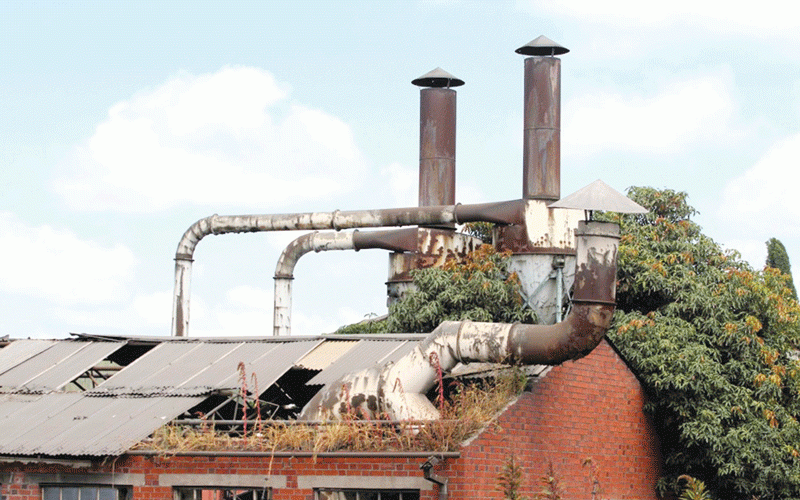
ELECTIONS work. They have worked elsewhere and continue to work in many parts of the world. They remain the leading and preferred method of choosing political leaders.
During the liberation struggle in Zimbabwe, part of the rallying call was one-man one-vote, a recognition of the promise of well-managed elections.
As the Malawian courts posited in the ruling of the presidential petition in the 2020 matter of Mutharika & Anor. v Chilima & Another, while not the essence of democracy in and of themselves, elections are perhaps the most visible, eventful and concrete expression of democracy in a democratic society.
But for over two decades now, Zimbabwe has failed to have elections that cleanly pass the marks of credibility, freeness and fairness. The Sabbath Call of 2019 by faith groups, which proposed suspension of electoral contestation for a period, is confirmation of failed elections in Zimbabwe.
As we face yet another harmonised election in 2023 and those to come, looming large must be questions of how do we make electoral outcomes a function of the people’s will, and how do we make people to own elections?
Problem with elections in Zimbabwe
If we speak of the polls themselves, the ratio decidendi of Zimbabwe’s electoral problems can be summarised by that electoral outcomes are not reflective of the will of the people, and the system that manages elections facilitates for manipulation of the people’s ability and capacity to vote.
Elections have thus turned ritualistic and have delivered the same outcome since 1980. Recently, when Equatorial Guinea’s President Nguema who has been in power for 43 years garnered 99% of the vote, I sarcastically remarked, “what a loved man!”
- Mavhunga puts DeMbare into Chibuku quarterfinals
- Bulls to charge into Zimbabwe gold stocks
- Ndiraya concerned as goals dry up
- Letters: How solar power is transforming African farms
Keep Reading
On this electoral front, Guinea’s problems are the same as ours. As with Equatorial Guinea, Zimbabwe is a classic case of a political leadership that uses elections as a device to merely legitimate their illiberal and often highly oppressive regime.
There are challenges of a skewed electoral systems supported by the mechanisms and machinations of the law and political forces (disenfranchisement, capture of institutions, abuse and violence, etc.,) but I intend to look at a different aspect of what is wrong with our elections and what may need to be done.
There is low participation of citizens in Zimbabwe’s elections. There has been focus on legal electoral reforms over the last two decades, as it should be, but that has had the unintended consequence of diminishing attention to mobilising.
There is a significant depoliticised constituency of eligible voters that does not vote. This group is depoliticised and must be politicised and activated to participate in national civic duty. The Afrobarometer Zimbabwe Round 9 Survey in 2021 found that nearly half (49,8%) of Zimbabweans would not vote, and did not know, or would not say who they would vote for.
Mostly this is argued to be due to the “fear factor,” but it is also due to the lack of political trust. However, it is also the case that many who are reticent hide their affiliation with the opposition. The same survey reports that even though Zimbabwe’s youth represent over 60% of the population, they are less likely than their elders to be registered to vote in 2023.
As a matter of history and psychology, electoral participation and turnout are high where there is meaningful hope and belief that change is possible through polls. This is because where independence of institutions is not guaranteed in law and practice, electoral systems are known to be in the hands of the incumbent, including the architecture of electoral dispute resolution.
The danger is that when citizens increasingly perceive elections to be ineffective in manifesting people’s wishes, it opens room for unconstitutional change of government, which has the potential to lead to failed governance, and the risks of failed governance are too grave to ignore. In fact, this explains the November 2017 coup.
These trust deficits unfortunately, also flow as a result of the law of unintended consequences. When we communicate the opaque nature of elections in Zimbabwe and the efficacy of the rigging machinery and outline the evidence of how previous elections have failed to yield results, this makes a case for abstinence over participation.
This is especially so when one looks at cases where the opposition has won elections but have not succeeded at transfer of power.
Why culture matters
In the grander scheme of things, culture trumps legal systems and administrative processes and procedures. Even if legal and administrative reforms are instituted, the political culture informing elections determine the colour of the elections.
In other words, it is possible to have a solid legal framework for running elections, and an administrative system that works, but these can be subverted, and the effectiveness reduced by the people operating that framework and system.
Changing systems and processes is just but one, a first step, in shifting a political culture of intolerance, violence, rigging and aversion to genuine and fair electoral contestation. This political culture has a net effect of subverting the will of the people.
A multi-causal affair
Zimbabwean elections are a multi-causal phenomenon. The problem of elections in Zimbabwe is one that cannot be solved by one solution. Reforms are often spoken of in the sense of legal and administrative reforms.
But there is the bigger question of political culture. Being multi-causal in nature, it means a series of interventions are required, operating at various levels and times, some running contemporaneously. Elections are also a multi-stakeholder affair.
Under current polarised, highly contested, militarised circumstances, law-based electoral reforms alone are not enough to determine outcome. This is because the law is not self-executing. Its enforcement relies on personalities and attitudes and dispositions and predispositions of those personalities. The courts, which are the last line of defence, may as well deliver victory where it is not due, as we have seen in Zimbabwe before.
The spirit of elections
The real spirit of election is not the black letter law, as important as it is. It is in attitudes and practices. A change in attitudes and practices is where the greater promise is, under prevailing conditions. Elections in Zambia have shown that it is possible to attain state power through elections in a politically repressive system.
Framing on value of elections
Firstly, is it critical to say what is wrong with Zimbabwean elections and to expose the rigging. Secondly, we have a confidence building mission if we are to reverse the tide of apathy and depoliticisation. What a dilemma!
How do we balance the need for people to know what is wrong with elections in Zimbabwe, and encouraging people that voting is not futile, and can and will bring societal change? It is important for everyone to see the positive value and impact of well-managed elections that deliver.
Part of the messaging can be to remind people of the alternative to democracy, and what it would mean. Zimbabwe is not yet a mature democracy where everyone understands and appreciates the value of civic duty. Most still need incentive and a push to participate in elections! This must be done. This will also help to activate a sizeable number of citizens who have demobilised on Zimbabwean public affairs.
People will only participate in elections if they believe that change is possible through elections. Otherwise, elections are viewed as futile. In Zambia and Malawi, people believed that change was possible, in spite of the many challenges and the strong abuse of incumbency to limit opportunities for opponents and to discourage citizen participation.
Instilling belief in the promise of elections is especially important in Zimbabwe given that elections in over four decades in Zimbabwe have yielded the same outcome, and many are resigning to the status quo.
Participation and the youth factor
Participation will not reach acceptable thresholds unless a significant part of the youth population participates. Zimbabwe is an informal economy, so electoral participation has opportunity costs. Taking time to register to vote, and to go and vote, means time-out from work.
Civic duty demands that people momentarily leave their sites of economic activity, but that rationalisation is defeated in a situation where hopes of change are minimal while economic survival for many depends on the daily information work.
Minimal hopes of change versus opportunity costs, weigh heaving in favour of avoiding the opportunity costs. There are also opportunity costs to participation given the patronage nature of the country’s formal political economy.
Youth have often been described as disenfranchised and self-interested; they are heavily polarised and struggle to articulate a national objective, and there is a general understanding that youths are seeking personal rather than group benefits. This explains depoliticisation among youths and easy manipulation and weaponisation through promise of access to resources and material gain.
Re-politicisation of the youthful demographics, channelling of youthful energy towards sustainable economic livelihoods and productivity and disabusing the youth of patronage and rent-seeking behaviour are all part of the depolarisation agenda.
The young must be located where they are and encouraged and supported to participate. The reality that many young people are offline must not be lost. With young people, social media is important, but its value over political party machinery in Zimbabwe is over-rated and built upon numerous assumptions.
Re-orienting political culture
Polarisation is the main obstacle to a culture of good faith dialogue and engagement in Zimbabwe. At the same time, elections are the most divisive political process in Zimbabwe which increase polarisation. The biggest outcome of a one party dominated repressive political environment in Zimbabwe is the establishment of a political culture premised on polarity, toxicity, brutality, manipulation, fear, depoliticization and demobilisation.
These are far deeper problems. As such, addressing polarisation is a key process of making electoral contestation work in Zimbabwe.
This should address both underlying cultural currents, and multiple smaller issues that contribute to elections being a threat and polarity multiplier.
What this means is that certain electoral interventions are temporary fixes, or shortcuts, and may not necessarily address the bigger underlying issues of political culture. For instance, simply saying register to vote — through essential and must be done — is not enough without more.
A long-term and lasting solution in this example would be to raise the consciousness of such people who need to be told to register and to vote, to enable them to be initiative — taking time to register to vote and to go and vote. In other words, a culture must be established such that people realise on their own the need to register to vote, the need to engage in civic duty, and the need to be an involved and participating citizenry.
Developing a functional and positive political culture is central in that democracy, including electoral democracy, must be citizen led and any support towards democratic consolidation and development, must target citizens and the demand side of democracy.
Addressing polarity is a long-term agenda in Zimbabwe, but the work must start now, piecemeal. Messages should be mounted around presenting elections as more than about political power, but about economic and social wellbeing of people.
Focus on messaging must be on the political economy i.e., what is the value/promise of elections and electoral outcomes to the individual political economy, and to the national political economy? Framing elections in this way helps to diminish the value of identify politics, which leads to polarisation.
So, the goal is to make messaging issues-based as opposed to personality-based, allowing people to galvanise over issues over common concern as opposed to personalities.
Our problems are now deeper than the law and turning to the law alone for solutions is not enough.
Kika (PhD; LLM; LLB summa cum laude) is a Zimbabwean human rights and constitutional lawyer











